Ask 100 chefs what the most important tool in their kitchen is, and you'll get 100 chefs saying the exact same thing: their set of knives. For home cooks and professional chefs alike, nothing is more important (or exciting) than a good knife. A good knife allows you to work more quickly, more efficiently, more consistently, and more safely. And best of all, they're just a lot of fun.
Contrary to what infomercials and Bed Bath & Beyond will try and sell you, you don't need an extravagant set of knives in your kitchen. All you need is a chef's knife and a bread knife, though a paring knife is also great. I only have three knives—those three—and, save for the one time a year that I try and fillet a fish, I never wish I had more.

Yet no matter how wonderful your knives are, if you don't care for them properly they'll go from restaurant quality to thrift store bargain bins in just a year. So use these tips to care for your knives, and they can last you a lifetime.
Sharpen & Hone Regularly
The point of a knife is, obviously, to cut things. Therefore, the sharper the knife stays, the better it will do its job, right? The math is simple, and keeping your knives sharp is simple, too.

Ideally, you should hone your chef's knife every time you use it (every few days is okay, too). If you don't know how to hone a knife, don't worry: it's very easy to learn.
Contrary to popular belief, honing doesn't make the blade of your knife sharper; it actually just makes the knife work better (which has the same impact as if it were sharper). A chef's knife may look like a perfectly straight blade, but it's actually composed of very tiny teeth, like an immaculately detailed saw. As you chop your food, these teeth get pushed slightly out of line, which makes the knife less useful. Honing your knife realigns all these teeth, which allows you to get the most out of your knife.
In addition to frequent honing, you should have your knife sharpened every 6-18 months, depending on how frequently you use it. While you can do this at home, I highly recommend taking your knife to a kitchen shop where a professional will sharpen it for just a few bucks.
Avoid the Dishwasher at All Costs
I understand the urge to put everything you own in the dishwasher. Heck, I've contemplated putting my clothes in the dishwasher before; it's just such a convenient appliance! And while you can use your dishwasher for everything from washing a tricky tool to cooking green beans, never, ever, ever put your nice knives in it. Dishwashers hurt knives because of how abrasive the machine is; both the detergent and the banging around of the dishwasher will hurt your blades.

Instead, hand wash your knives, preferably as soon as you're done using them. A simple scrub with a soapy sponge will do the trick, but be sure to dry immediately so that your knives don't rust.
Choose Your Surfaces Wisely
Where you do your chopping has a large impact on the health of your knife. You know how YouTube videos of celebrity chefs often show a steak or other piece of meat being sliced directly on a plate? Unless you have an infinitely funded gift card to Sur La Table, don't emulate these chefs, as the ceramic will harm your knife.
Furthermore, stay away from marble, slate, and glass cutting boards, no matter how attractive they are. A wood cutting board is ideal (though not bamboo), but a plastic board is also fine for your knife.

After using your cutting board, never scrape the ingredients off the board with the knife of your blade. Yes, this looks snazzy, but it's also as harmful as it looks like it should be. Instead, move your ingredients with the back of your knife, or a dough scraper; the result will be just as effective, and your knives will thank you.
Store Them Correctly
Aesthetically speaking, a wooden knife block is perfect for any kitchen. Practically speaking, however, it is not. Despite their popularity, wooden knife blocks are bad for your knives. The reason is because the knife rests on the wood, and the pressure of the blade against the hard wood has a dulling effect. If you bought a nice knife set and it came with a protective block, use that; otherwise I highly recommend magnetic strips, which are protective of the knives, aesthetically appealing, and maximize kitchen space.

Whatever you do, please don't throw your nice knives recklessly in a drawer where they'll bump into each other!
Remove Stains with Lemon
Different knives stain differently. You may never stain a ceramic knife, but you'll likely stain a carbon steel knife within the first few days. Some people like these stains, as they can make a knife more unique; if you don't like stains, however, simply scrub your knife with a lemon until you see the stain disappear, then immediately rinse the knife off.

If you make these tips a habit, you'll find that it isn't hard at all to give your knives the TLC they deserve. Most high-end knives can last decades, so a few extra seconds of care can mean you don't have to go knife shopping ever again.
Keep Your Knives Ever Ready with These Hacks
Need a quick, fast way to sharpen your knives? Then use a sheet of newspaper. Most home cooks use stainless steel knives (they're easier to maintain), but pros favor carbon steel knives for their unbelievably sharp edges. Want to encourage your kids to care about food and cook? Then think about getting them a kids' knife set.
Photos by Brady Klopfer/Food Hacks





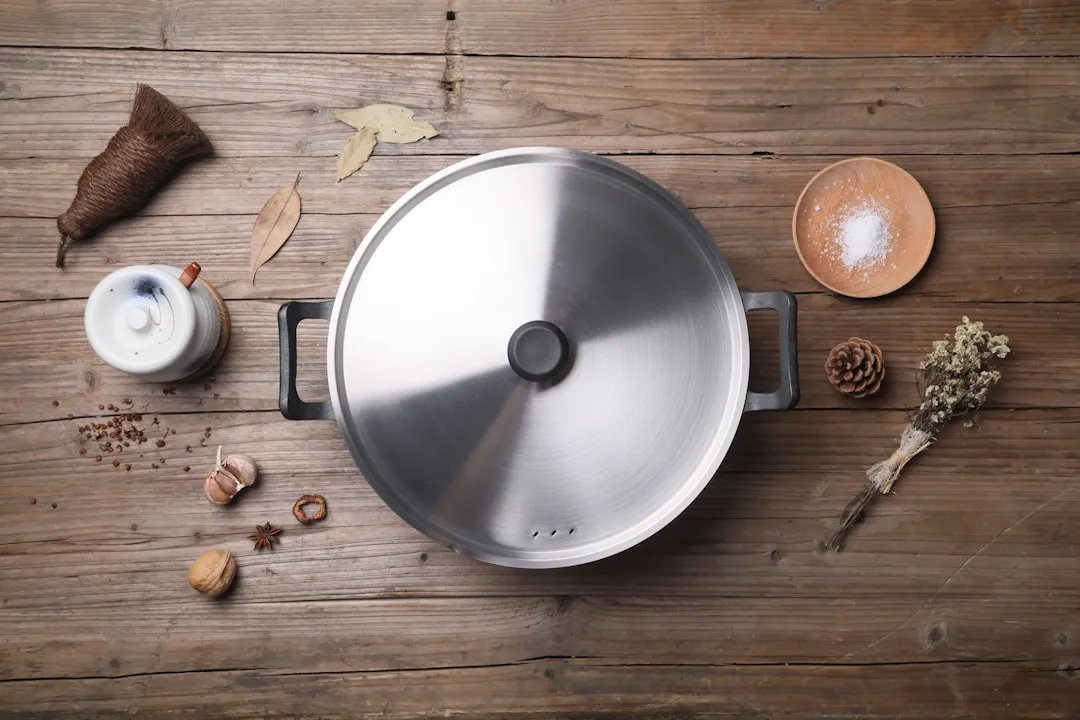

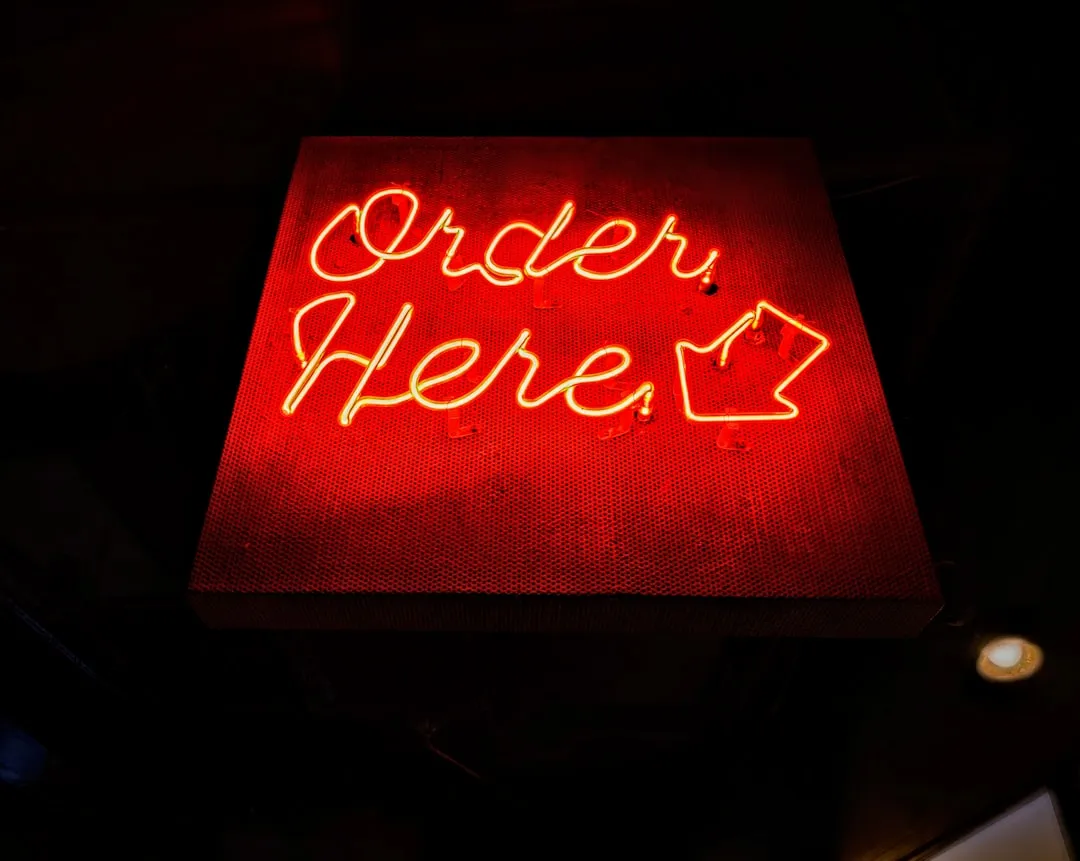
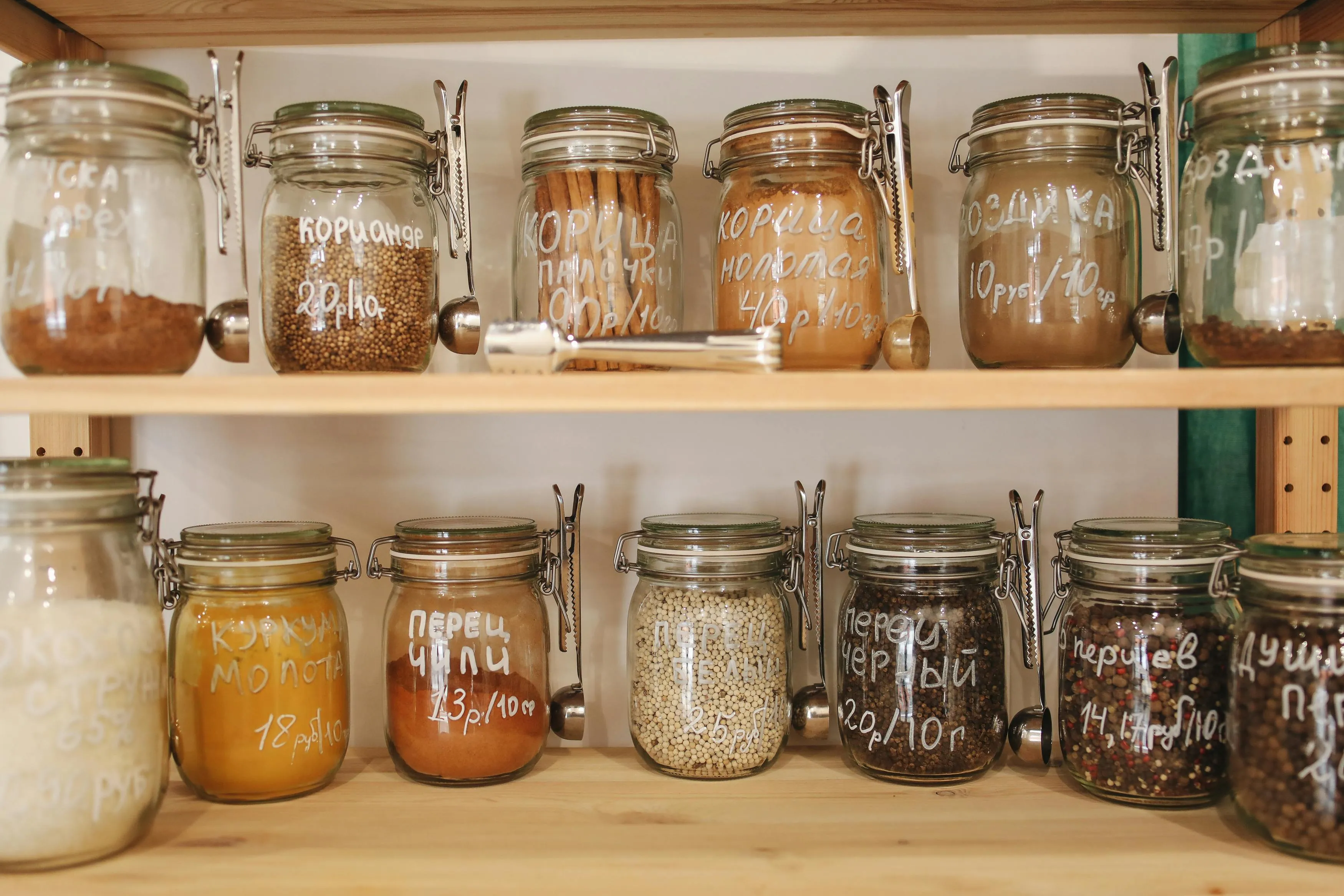


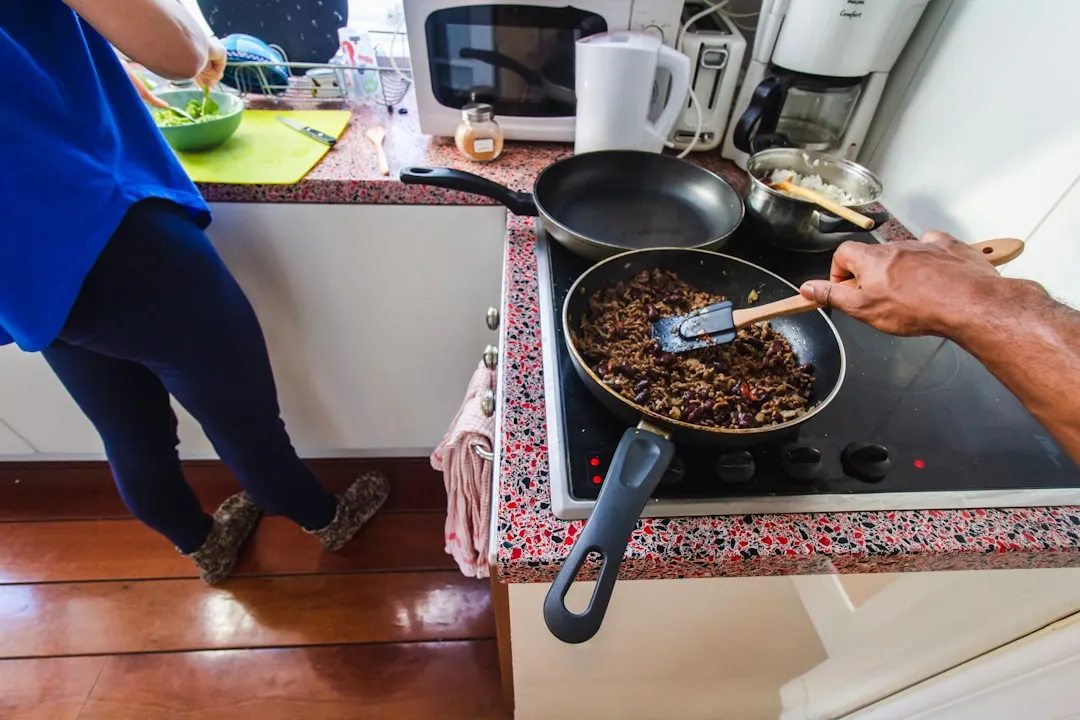
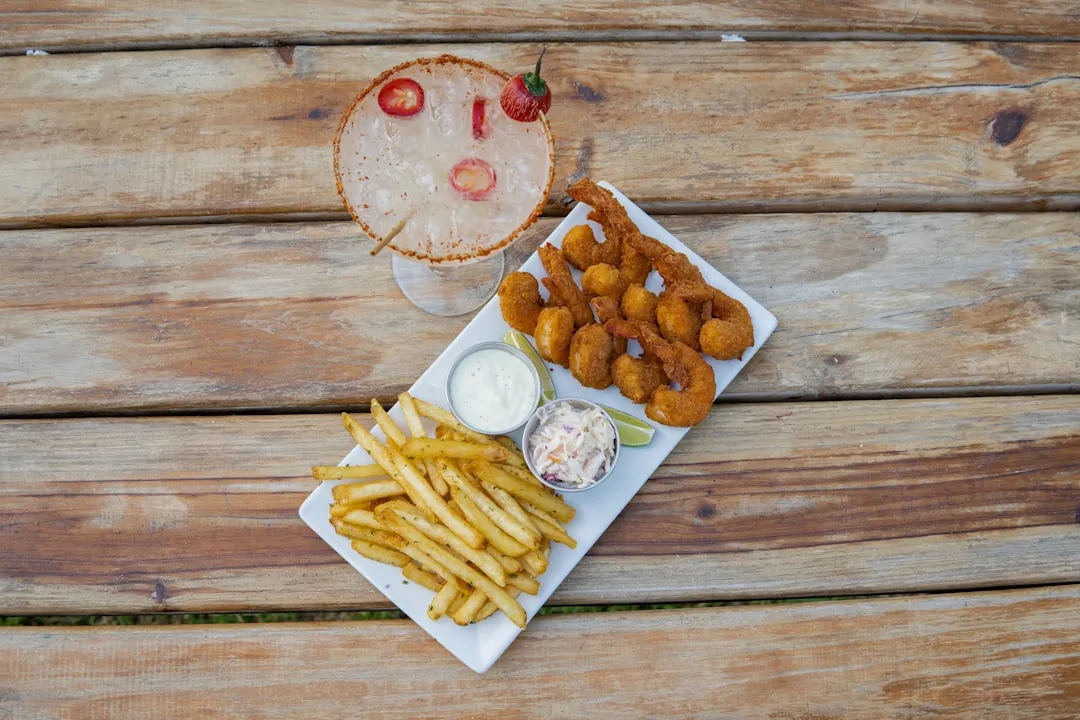

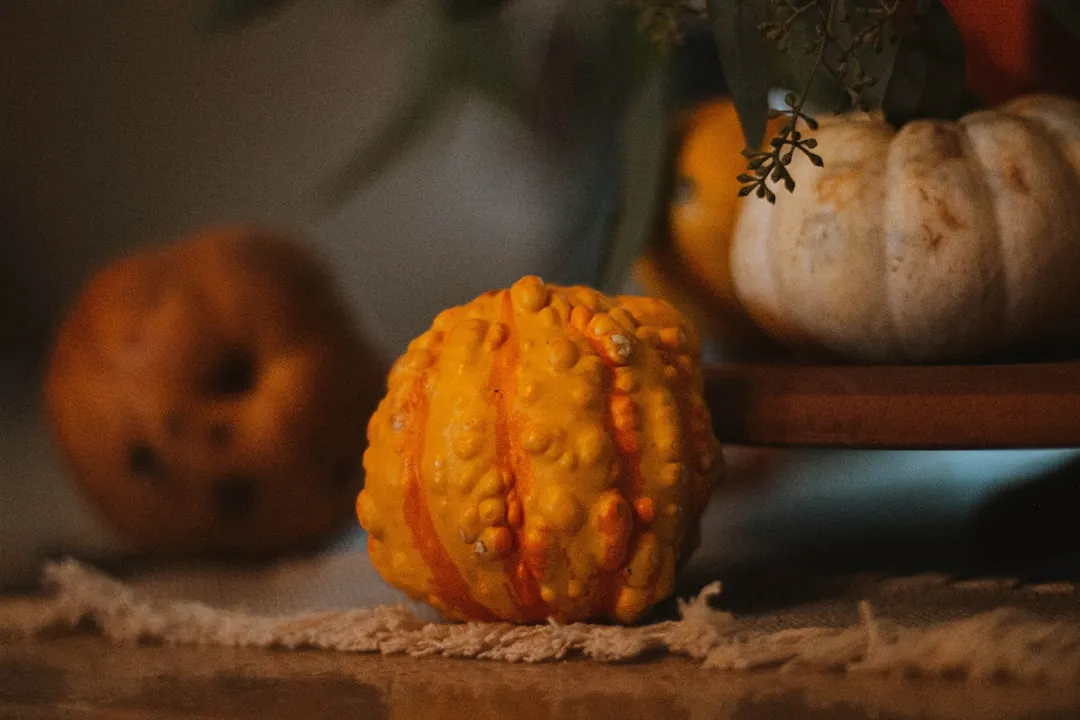
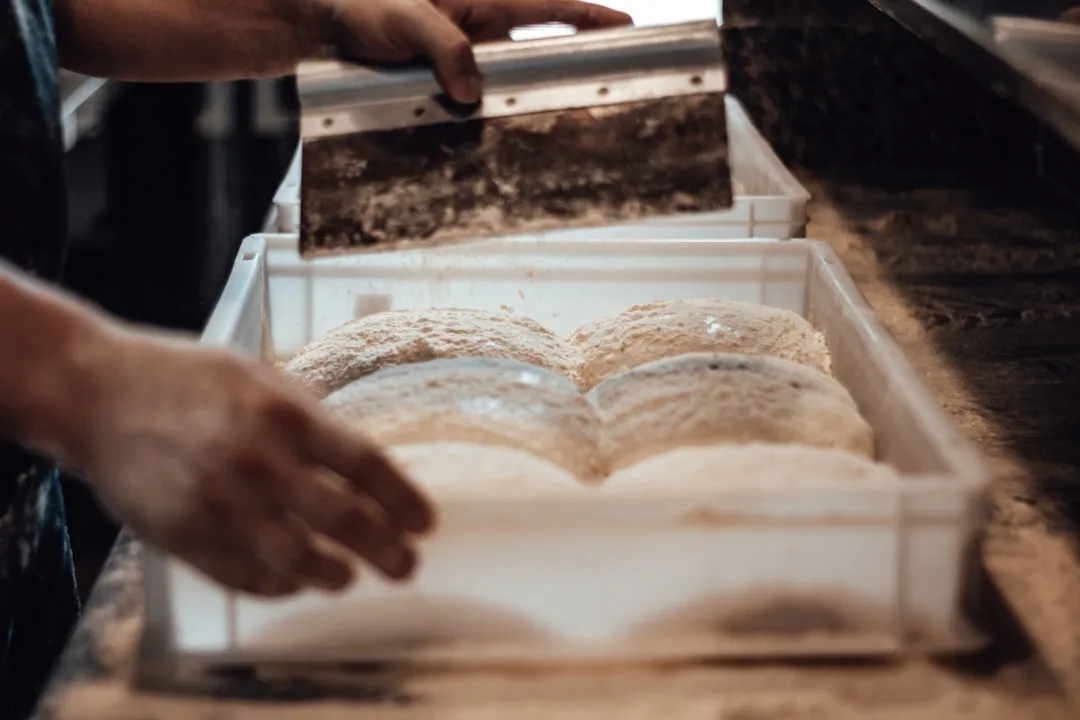
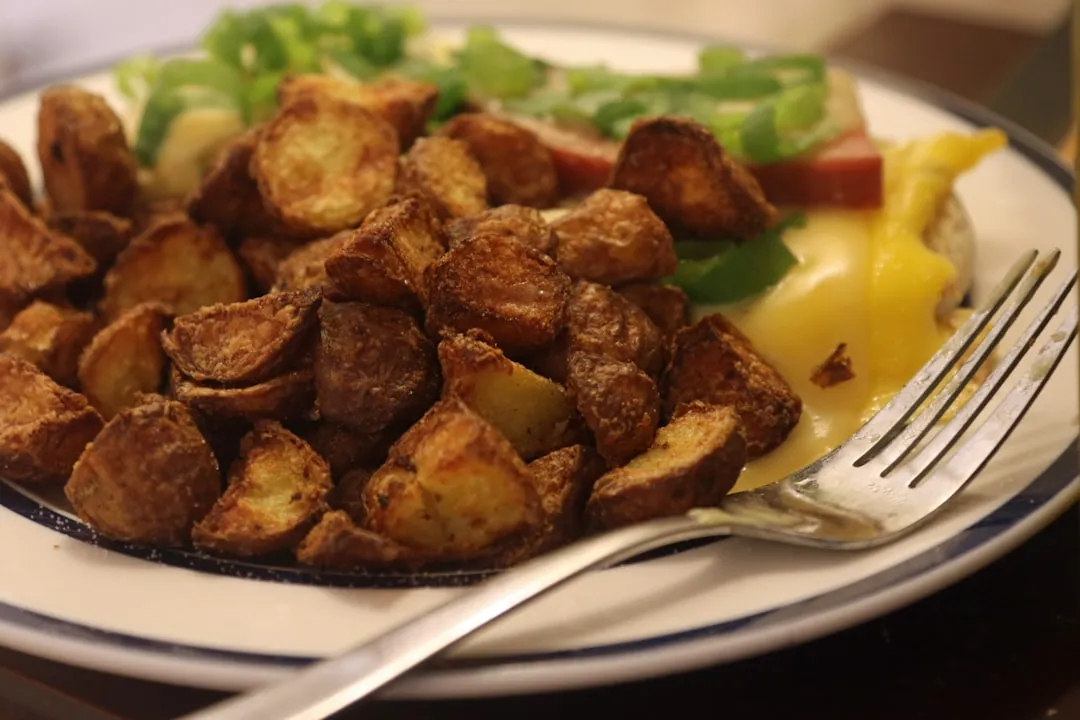

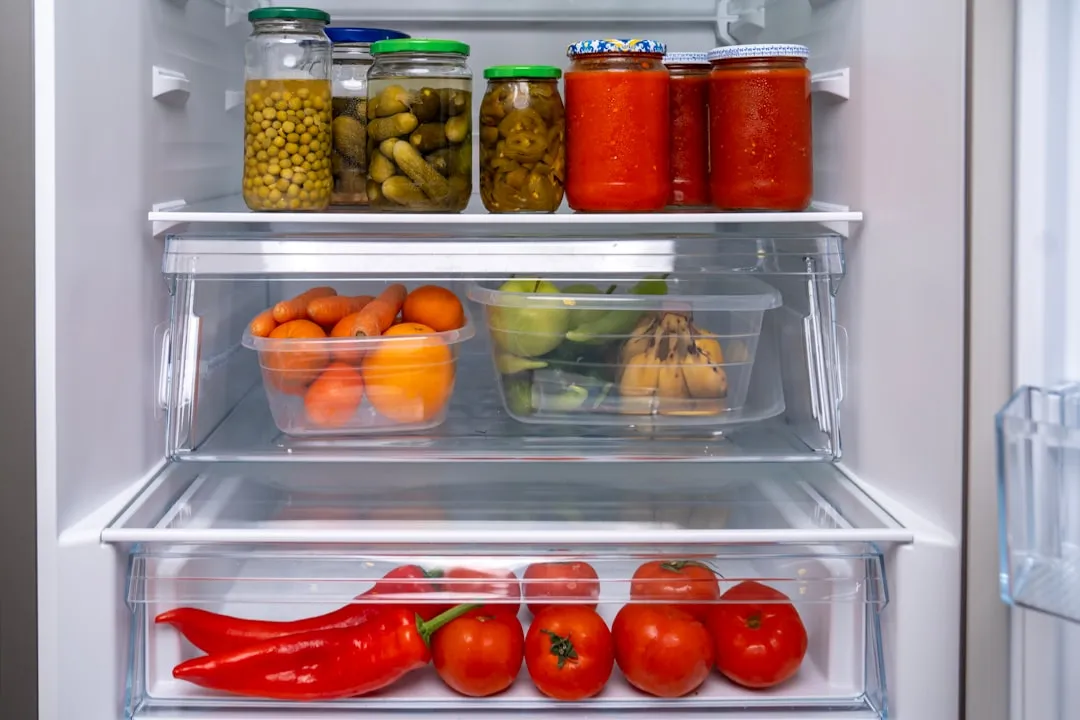
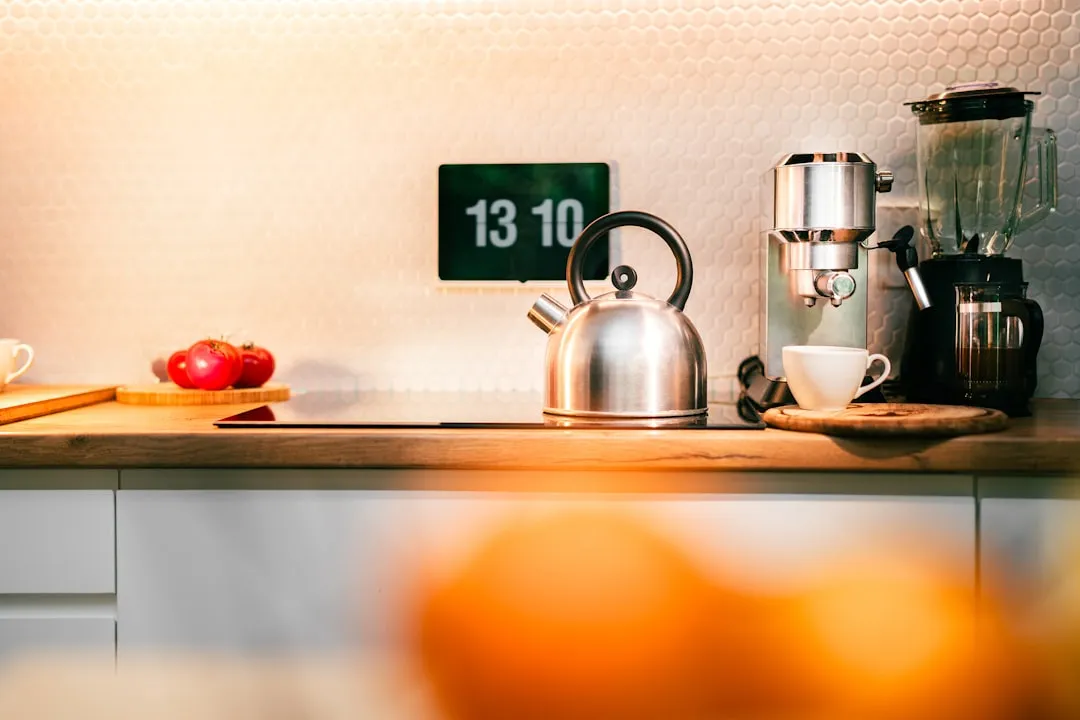
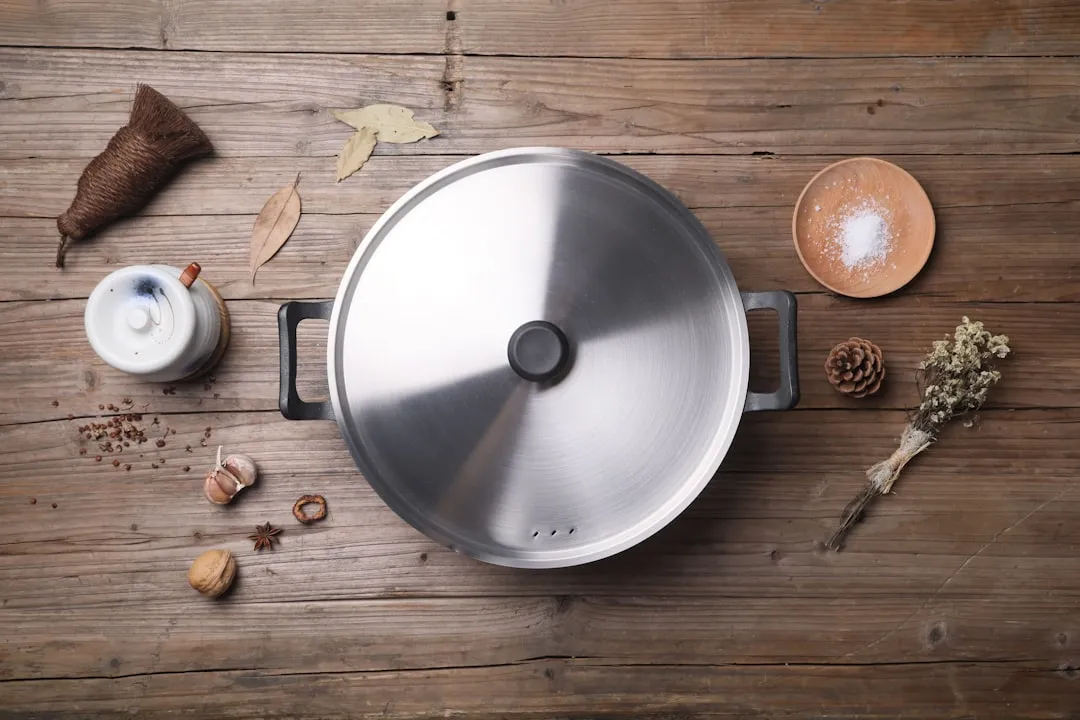

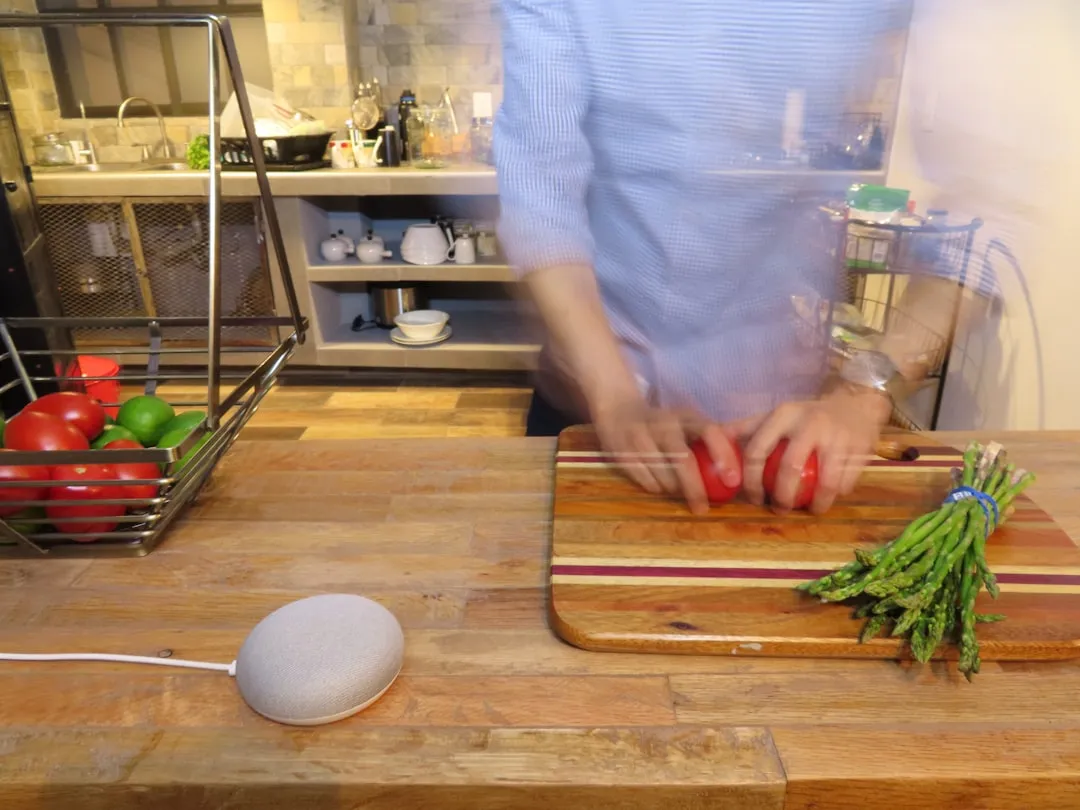
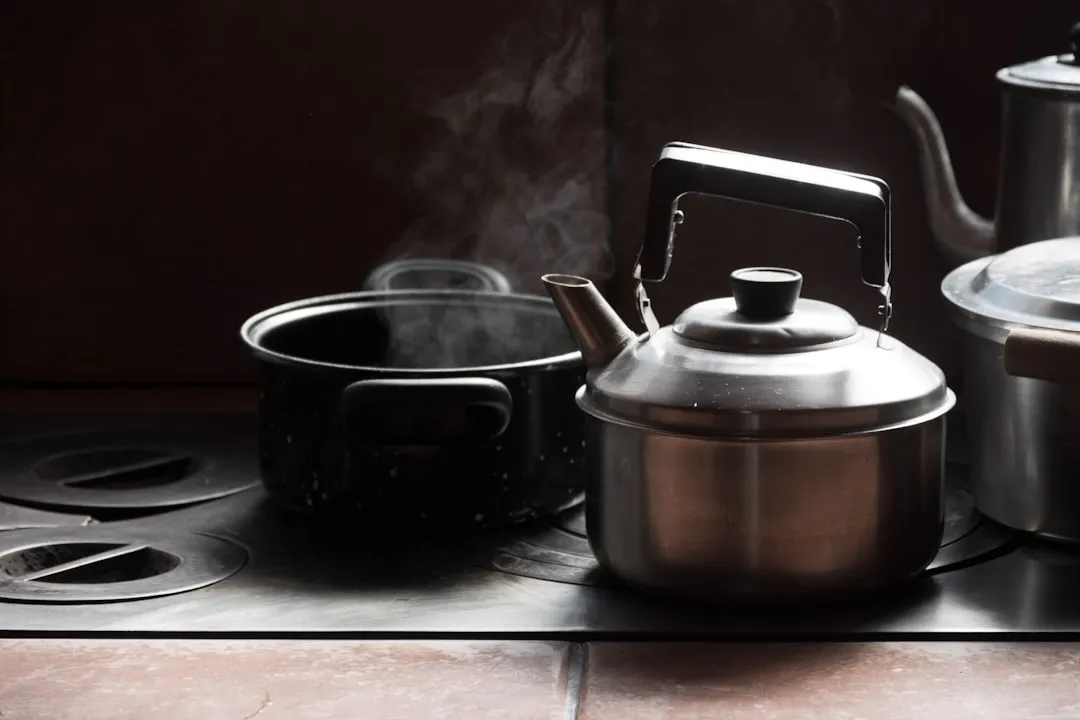
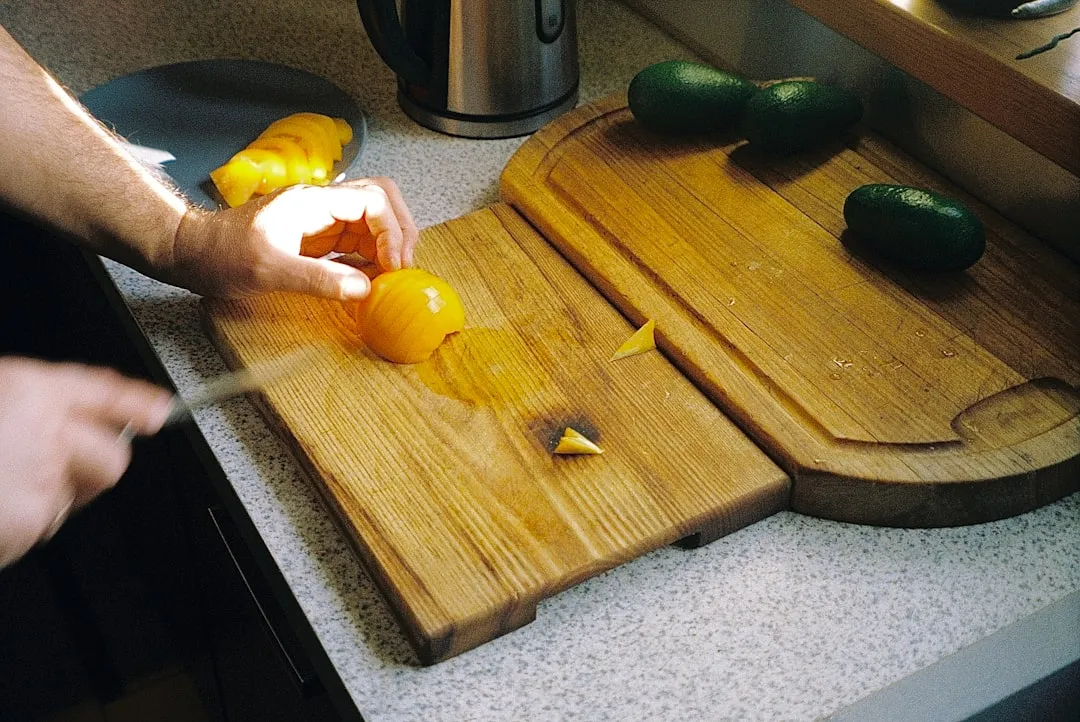
Comments
Be the first, drop a comment!